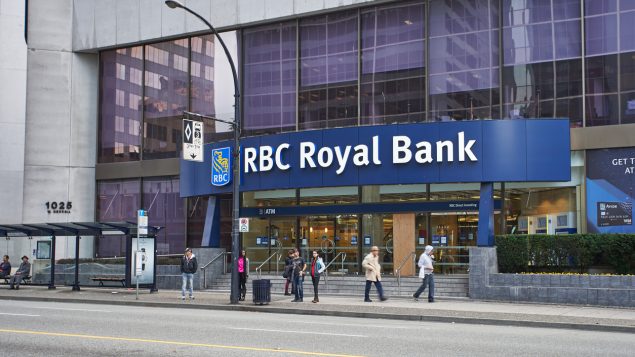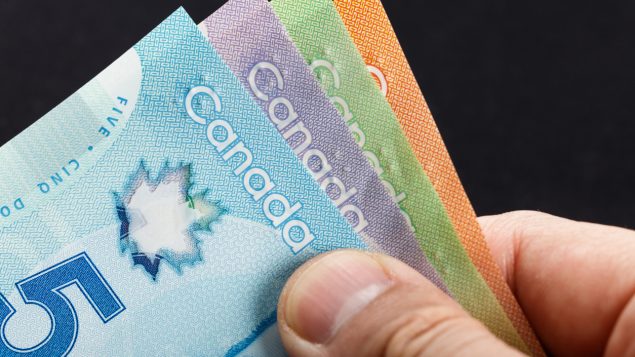A citizen’s group is calling on the Canadian government to oblige Canada’s big six banks to do more to help people and businesses during and after the coronavirus crisis. Democracy Watch called for change on behalf of more than 95,000 Canadians who joined its letter-writing campaign and signed a petition on this issue.
Banks accused of ‘gouging out record profits’
The group’s co-founder, Duff Conacher says Canada’s big six banks “gouged out record profits of more than $46 billion in 2019” and paid their CEOs $75 million in salaries and bonuses. He concludes the banks can afford to give people and small businesses a break.
In April, the Canadian government negotiated with the banks to temporarily reduce interest on credit cards for some customers, to process small business loans funded by the government and to offer mortgage and loan deferrals for up to six months. Conacher says the government should make the banks do more and ensure that the banks pay their fair share of taxes now and after the pandemic.

RBC is said to have made $3.2 billion in profits in the third quarter of 2020. (iStock)
He notes that the U.S. long ago enacted measures to ensure the banks serve everyone with fair interest rates and fees, and obliged them to disclose information that would help ensure they treat everyone fairly.
He and his supporters are asking all federal parties the following: “That they to work together to require the banks:
-
- To cut all their interest rates and fees in half now, and cut loan payments entirely for anyone who needs it, without requiring payment or extra interest later;
- To disclose detailed profit reports after fully independent audits and keep rates and fees at reasonably low levels in the future (for example, many U.S. states cap credit card interest rates);
- To empower consumers and increase consumer protection by supporting the creation of an independent, consumer-run bank watchdog group (as recommended by MPs and senators in 1998);
- To disclose approval rates for credit, loans and account services by neighbourhood and type of borrower, and require corrective actions by any bank that discriminates (as the U.S. has required for more than 40 years under the Community Reinvestment Act) as part of their annual Public Accountability Statements);
- To re-open basic banking branches in neighbourhoods (where they closed them in the 1990s) to help get rid of predatory pay-day loan companies (and banking at Canada Post outlets should also be allowed to help ensure everyone has access to basic banking services at fair rates and fees);
- To cut bank executive pay down to a reasonable level (as in some European countries);
- To pay their fair share of taxes now, and in the future, by closing all the loopholes they exploit and (as England and Australia have) imposing an excess profits tax, and;
- Finally, enforcement measures and penalties also need to be strengthened to ensure banks, and other financial institutions, serve everyone fairly and well at fair prices (See Backgrounder on Weak Enforcement of Financial Consumer and Investment Protection)”







For reasons beyond our control, and for an undetermined period of time, our comment section is now closed. However, our social networks remain open to your contributions.